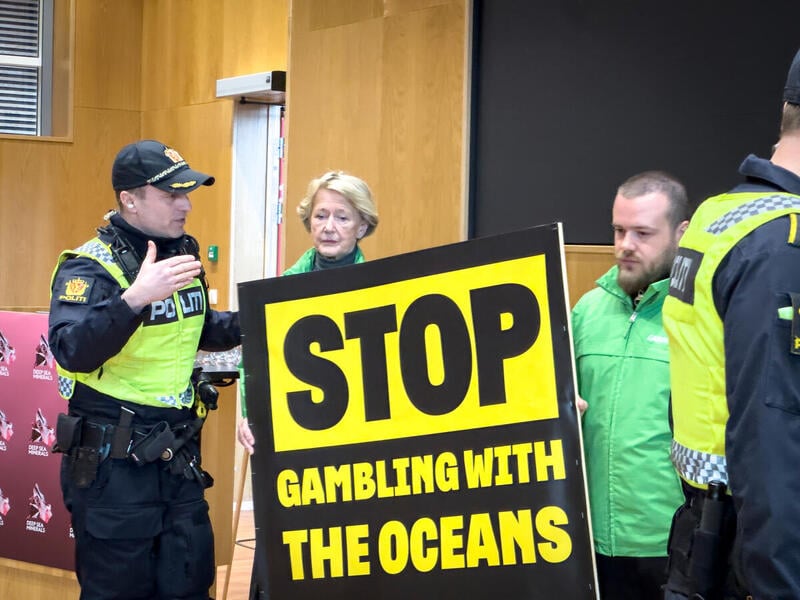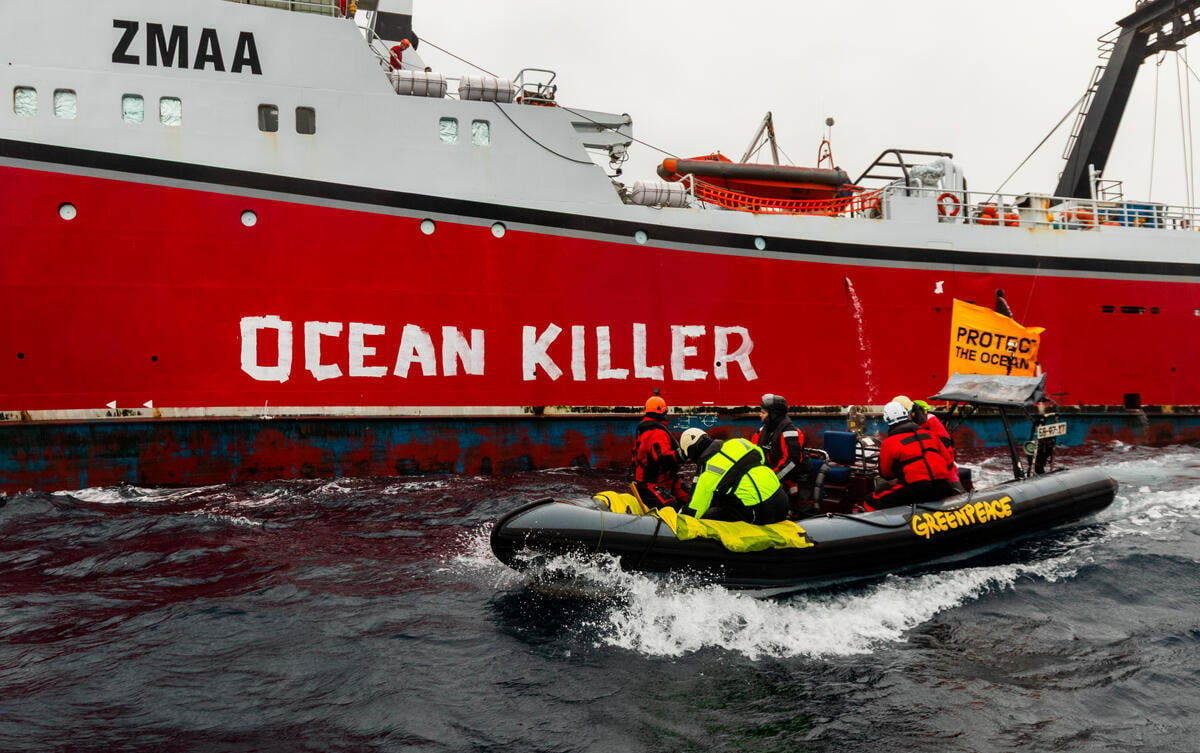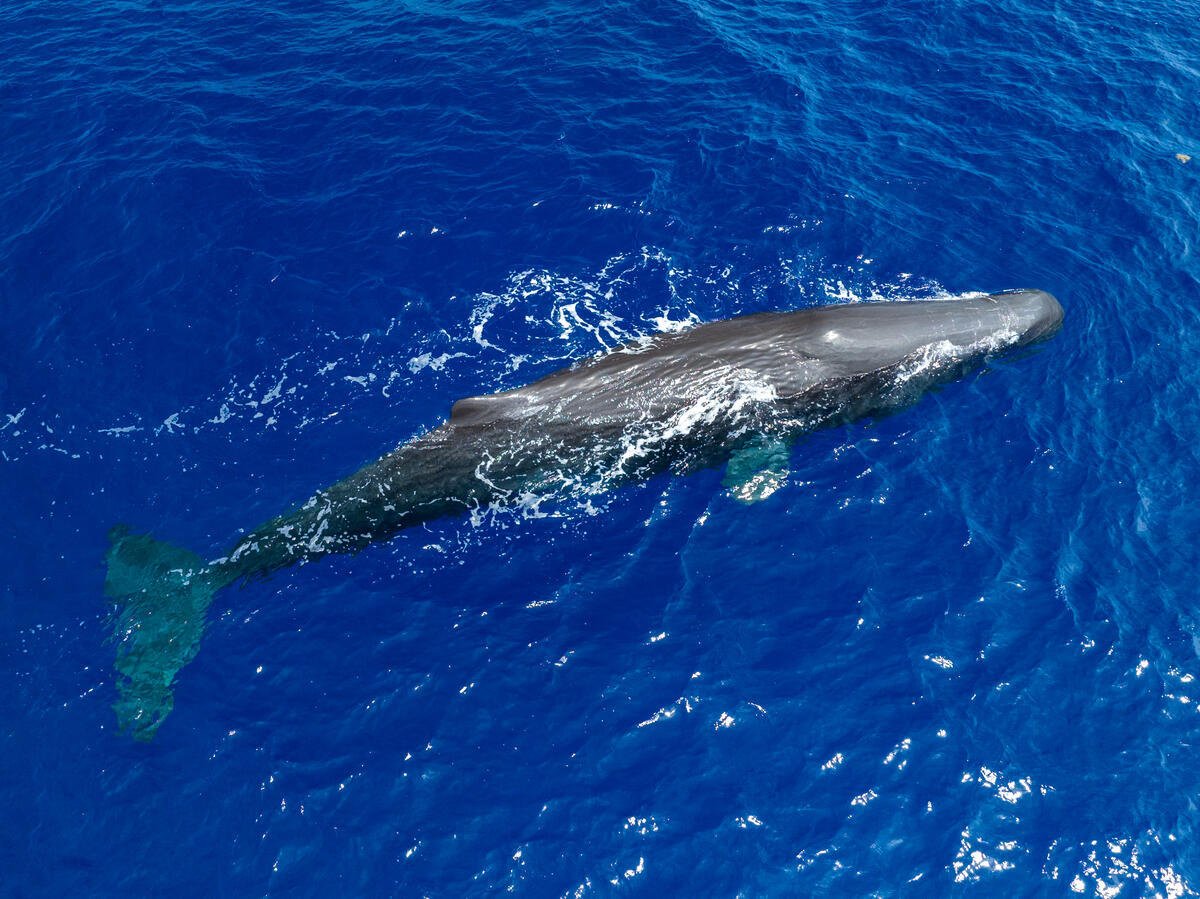The Norwegian government has recently announced a decision to open up a vast area of its continental shelf in the Norwegian and Greenland Seas to deep sea mining, making Norway the first country in the Arctic region to give the go-ahead to this new, untested industry. The government has begun the process of offering licences to companies to extract minerals from the seafloor, at the risk of disturbing fragile ecosystems that host a rich biodiversity of marine life and about which much remains unknown, with new species and ecosystem functions still being discovered.
To mine these resources, specialised machinery will need to operate at depths of up to 4,000 metres, scraping the seabed and pumping the extracted material to the surface, while waste materials are returned to the ocean.
Scientists, Indigenous peoples, businesses and environmental groups have raised significant concerns about deep sea mining, and about the legal and legislative process carried out by the Norwegian government. The full environmental impacts are as yet largely unknown, but likely to be severe and far-reaching. The mining process will disrupt ecosystems that have developed over thousands, if not millions, of years, and destroy vital habitats and unique species that play essential roles in the greater marine ecosystem.
But our knowledge of the deep ocean floor is still developing. Just how little we know about how deep sea ecosystems function was highlighted by the recent discovery of a previously unknown phenomenon, possible dark oxygen production in nodule fields in the deep sea without photosynthesis. No doubt, more unexpected and wonderful discoveries about the ocean floor will come to light in the years to come – highlighting an important reason why destructive deep sea mining activities should not be allowed to proceed.
Norway’s decision to open its seabed to mining has faced opposition from other Nordic countries, the EU and international organisations. While the relevant intergovernmental body, the International Seabed Authority, is still debating whether to open international waters for mining amid growing political support for precaution, Norway is pushing hard to accelerate the process both at home and abroad. Yet, faced with international opposition, a global movement of over 3 million people fighting to protect the deep sea against aggressive mining companies and broad criticism from the scientific community, the industry today appears to lack both social acceptance and public licence to operate.
Numerous scientific studies demonstrate that deep sea mining is unsustainable and poses an unacceptable risk to the marine environment. In addition, the legislative process carried out by the Norwegian government has not been transparent and has reportedly been deeply flawed in a number of areas. In its haste to push through the process to embark on deep sea mining activities, rather than taking a precautionary approach, the government appears to have brushed aside the widespread criticism and alarm raised by the move to make Norway one of the first countries in the world to allow deep sea mining. This represents a dangerous gamble with the health of our oceans.
Greenpeace International calls on the the Norwegian government to:
- Stop the first licensing round for deep sea mining,
- Halt all funding for exploration activities and development of deep sea mining technologies, and instead
- Support a moratorium on deep sea mining, as more than 30 governments have already done, and
- Refocus its efforts on developing circular measures for resource use and a better understanding of the biodiversity of the deep sea to enable its protection.
Download the report:
Gambling with the deep sea – Those betting on mining the Arctic



